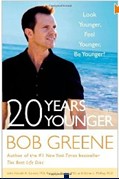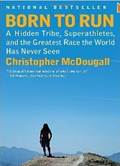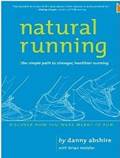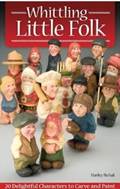A. 20 Years Younger

The book details easy and effective steps we can all take to rebuild the foundation of youth and enjoy better health, improved energy, and a positive outlook on life. The four basic programs are: an exercise system for fighting muscle and bone loss, a longevity-focused diet, sleep rejuvenation, and wrinkle-fighting skin care. Woven throughout the text is practical advice on changing appearances, controlling stress, staying mentally sharp, navigating medical tests, and much more.
B. Born To Run

Full of incredible characters, amazing athletic achievements, cutting-edge science, and, most of all, pure inspiration, Born to Run is an epic adventure that began with one simple question: Why does my foot hurt? In search of an answer, Christopher McDougall sets off to find a tribe of the world’s greatest distance runners and learn their secrets, and in the process shows us that everything we thought we knew about running is wrong.
C. Natural Running

In Natural Running, Abshire explains how modern running shoes distort the efficient running technique that humans evolved over thousands of years. He reviews the history of running shoes and injuries, making the case for barefoot running but also warning about its dangers.
D. Woodworking

This book includes excellent instruction from a best-selling woodworking author on all aspects of woodworking with hand tools. He approaches setting up the all-hand tool shop, explains how the tools work in wood, addresses the joinery, and finishes with instructions on building a workshop accessory to use with hand tools. Also included are other sample projects and information on finishing the hand worked projects.
E. Whittling Little Folk: 20 Delightful Characters to Carve and Paint

At the beginning of the book, readers will find step-by-step carving and painting instructions for a Scandinavian inspired man and woman. Once they have learned to carve these two projects, readers will find an additional 18 patterns that can also be created with the same technique and some subtle changes.
F. Quick and Easy Meals

The book offers healthy, low-carbon Primal-approved recipes that can all be completed in under half an hour and, in many cases, in just a few minutes. Sisson and Meier show you how to delight your family or guests every time with quick, delicious meals using local produce, CSA meats, healthy fats (yes, and real butter) and common herbs and spices.
请阅读以下购书者的信息,然后匹配相关的书籍。
小题1:Carina is fond of art and likes carving very much. In order to make something for the coming Mothers Day, she is searching a new idea.
小题2:Daisy is a busy salesgirl, who is difficult to find time to cook. She likes home meals.
小题3: Alexander is a college student. He likes running. He wants to know more about the secret of shoes and running.
小题4:Sammy majors in PE. He will do a research on how to train long distance runners.
小题5:Nancy is looking for a book about advice on controlling stress, changing appearances, and enjoying a better health






